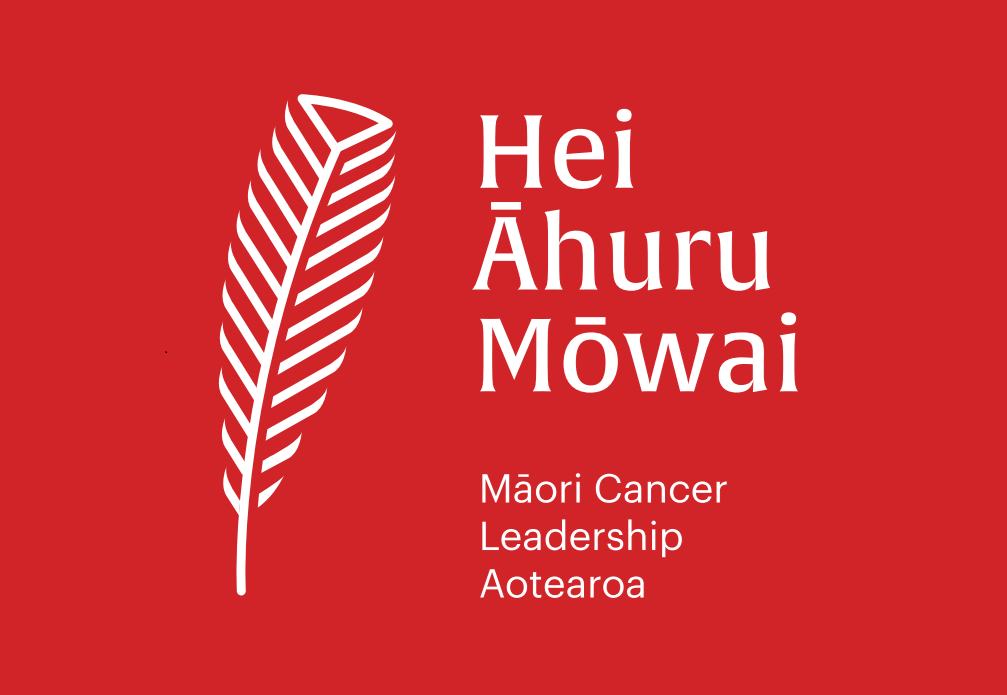Equity lens ‘critical’ to evaluate benefits of blood cancer medicines
Hei Āhuru Mōwai Māori acknowledges the recent release of Te rere o te toto – Understanding blood cancer medicine availability in Aotearoa New Zealand, a report published by Te Aho o Te Kahu NZ Cancer Control assessing the magnitude of blood cancer medicines' clinical benefit.
The report revealed that blood cancer patients in Australia have access to 36 treatment options not funded in Aotearoa New Zealand, nine of which will significantly improve survival rates and quality of life. The government agency responsible for funding decisions, Pharmac, is currently considering funding six of these nine blood cancer medicines.
“Evaluating new blood cancer medicines from an equity perspective as well as their magnitude of clinical benefit will ultimately provide better outcomes and value for money,” says clinical haematologist, cancer researcher and Hei Āhuru Mōwai māngai (expert), Dr Myra Ruka.
“We can fund blood cancer medicines that will improve life expectancy and quality and reduce inequities at the same time; that’s an exciting prospect that’s well within reach.”
The report acknowledged several limitations with using clinical trial data to evaluate the clinical benefit of these medicines. One limitation published in the report states ‘the benefit demonstrated in a clinical trial environment may not accurately reflect the clinical benefit that is realised in a real-world environment’. “This is a significant limitation,” says Dr Ruka.
“Future evaluation tools should be based on real-world data, clinical outcomes, and patient experiences to better reflect the clinical benefit of each treatment.”
A recently published paper Blood cancer incidence, mortality and survival for Māori found the most commonly diagnosed blood cancers for Māori were leukaemia, non-Hodgkins lymphoma, and myeloma. Dr Ruka and fellow cancer researchers who worked on the paper assessed data from the New Zealand Cancer Registry (NZCR) between 2007–2019, uncovering many inequities for Māori with blood cancer.
“Māori experience disparities in incidence, mortality and survival rates in the three most common blood cancers in Aotearoa compared to NZ Europeans,” says Dr Ruka.
Māori were found to have 35% higher incidence and 44% higher mortality for leukaemia than Europeans, and 65% higher incidence and 59% higher mortality for myeloma.
“We also uncovered higher incidence of each sub-type of leukaemia for Māori than NZ Europeans, peaking at 64% for acute myeloid leukaemia or AML,” says Dr Ruka.
Hei Āhuru Mōwai Tumuaki Chief Executive, Gary Thompson says the government’s $604 million boost in Pharmac funding over the next four years is ‘unprecedented’ and presents a ‘timely opportunity’ to address known cancer inequities.
“We whakamana (endorse) the role of Te Aho o Te Kahu in supporting the Government to commit so strongly to funding new cancer medicines across the board.
“Pharmac has an excellent equity policy which we’d like to see applied to the blood cancer and wider medicines funding evaluation and prioritisation,” says Thompson.
“Evaluating real-world clinical benefits of these cancer medicines will also help inform a more equitable funding decision process.”
Dr Ruka discussed this issue in more depth on Radio Waatea recently, click here to listen to the interview.
